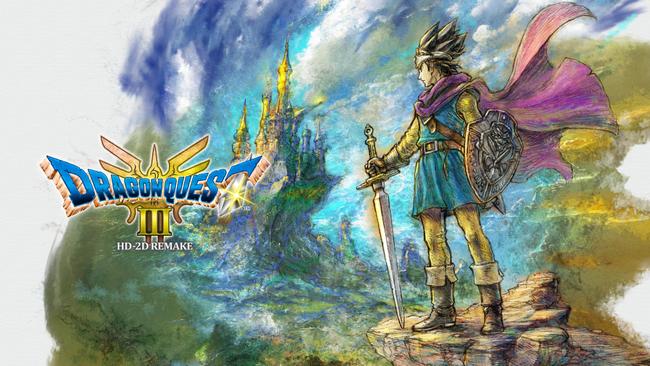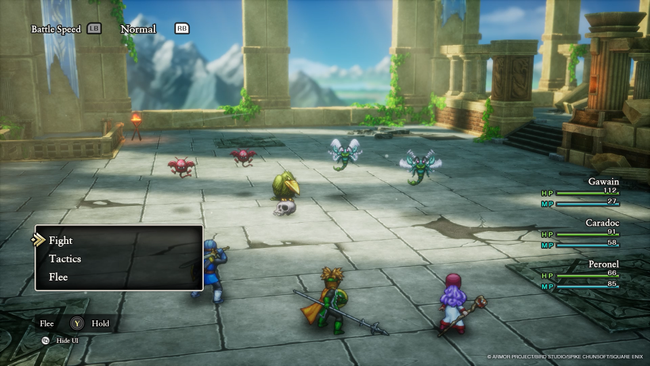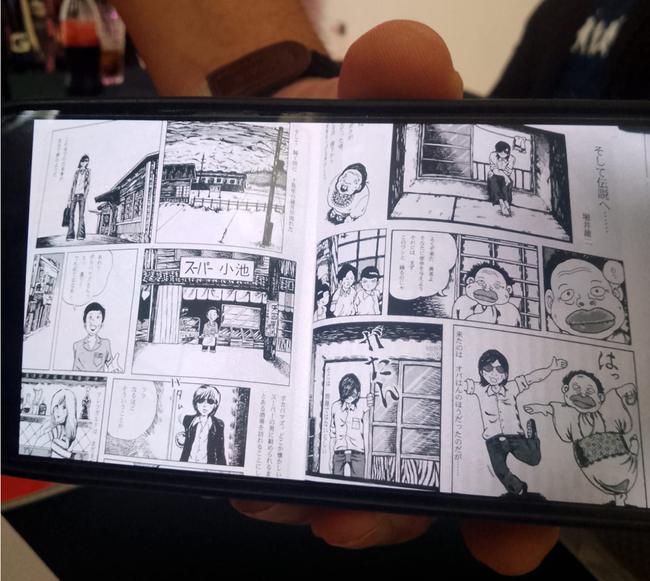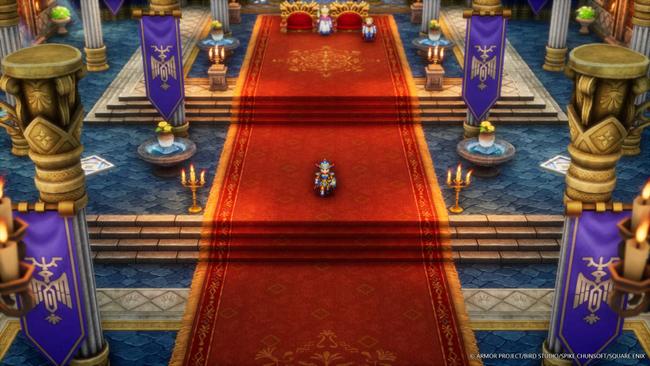
Conversation of a Celebrated Creative: A Roundtable Discussion with Yuji Horii
It's not every day that you get to meet an industry legend. Storied JRPG creator Yuji Horii – of Dragon Quest and Chrono Trigger fame – travelled to Italy earlier this month to participate in a panel at Napoli Comicon. As with any hero worth their salt, he first had a look around town and took on a few sidequests. One such venture was a roundtable with a group of ten European journalists, which RPG Site had the pleasure of participating in.
Sauntering into the press room, Horii was relaxed and chipper, seating himself at the head of the long table, pouring a Coca-Cola, and smiling broadly at the figures assembled around him. Flanked by Italian journalists, we were the only English-language presence.
We'd hoped to squeeze secrets out of Horii about the much-anticipated Dragon Quest XII, but alas – no dice. He was, however, forthcoming in discussing the Dragon Quest III and I & II HD-2D Remake project, and over the course of this forty-minute discussion, he shares many charming insights into his creative background – and his hopes for the future of gaming.
Note: if you previously heard mistranslated word of a (nonexistent) Chrono Trigger remake out of Napoli Comicon, please be assured that the transcript that follows has been meticulously retranslated from Horii's spoken Japanese.

Yuji Horii: When I created the original Dragon Quest, I wanted to create a warm and inviting world. Since it was the very first title in the series, I aimed to make it easy for players to understand how to grow stronger and progress. When we make clear what happens in a game and why it’s happening, it generates excitement. I also believe that turn-based combat helped the series’ success. Players who are not good at action games can beat the game if they try.
In Japan, many children played the original trilogy, and even now, close to forty years later, those memories have stayed with them. That’s why I believe they’ll enjoy the upcoming remake.
Yuji Horii: The ongoing production of Dragon Quest XII has been going through some difficulties. We are not allowed to provide you with anything except for the released information. All we can say is that we are working really hard, and that we hope you're looking forward to it.
Yuji Horii: I believe that role-playing—experiencing someone else’s life—is one of the best forms of entertainment. Videogames allow you to immerse yourself in characters and make it easier to empathise with them. You can take your mind off real life, immerse yourself in a protagonist, and enjoy what's happening in the game. With developments in technology such as AI and VR, we hope to make the world of Dragon Quest more realistic than ever.

Yuji Horii: Back then, graphics for computer games were cheap and 8-bit. I think people imagined a more realistic image of the video game while they were playing. Now, those images can be put on screen, thanks to the evolution of the console and 3D Computer Graphics. In the future, those images can come out of the screen. Also, we have AI, which can respond in real time to the player's actions and decisions, rather than just following a pre-programmed script. In this way, we can create a more dynamic and personalised interaction with the game. The game adapts to the player's choices and can offer a more immersive and unique experience.
Yuji Horii: You're talking about Dragon Quest IX. In that game, you could share a treasure map you found with other Nintendo DS players. The map gets the name of a player who found that map, and there were many players whose names became popular all over the country for making valuable maps. We made Dragon Quest IX hoping that this would happen. Many players went outside with their DS, embarking on a scavenger hunt for the treasure map. The way that the virtual world extended to the real world was fascinating to see. In the future, I want to create something like that again, changing its shape and evolving it.
Yuji Horii: I originally wanted to be a manga artist, so I joined the manga society at my university. Many seniors from the society went into editing, so I began to work as a writer. But I still had some attachment to manga, so my career leaned towards story-writing. Then I discovered computers, and I became fascinated by how interactive they were—I realised I could tell stories through them. It felt like making manga using a computer.
Yuji Horii: All kinds. I wrote stories about time travel, and short comedic skits as well.

Yuji Horii: I believe that video games are a form of escape from reality. It’s important to me for players to feel immersed. That’s why I'm making changes so that the games can be played in shorter bursts. Decades ago, you could only save your game at churches in the Dragon Quest games. When we made remakes and new entries for consoles such as Nintendo Switch and smartphone devices, we changed it so that players can save their file anytime and anywhere.
Yuji Horii: I like it here! It’s such a fun city. I was surprised that there are so many people walking down the narrow streets at once, and that cars are also driving through there. The street is packed with people, and it’s fun to move through the crowds.

Yuji Horii: I am not sure about the future, but I definitely want to preserve that blend of narrative and interactivity. One recent game that I love is The Legend of Zelda: Tears of the Kingdom. Outside of the narrative, you can creatively build, modify, and combine items and machines. The interactivity was really impressive, and I really got into it.
Yuji Horii: I always think about that, and it pushes me to make changes to my games, to render the experience more immersive. I hadn’t heard about that game.
Yuji Horii: I think both are important elements and complement each other well, for example, the calm you feel when you arrive in a town after winning a battle. Most importantly, I value how players' actions and decisions can affect the development of the story. I really like pranking people, and I’m always thinking about how to surprise players.
One of my first computer programs was a fortune-telling program. It was made with just input and print functions, so it's not really fortune-telling. One day, I invited my friend to my house and let him try that program. I already knew he was coming, so I preloaded his data into it and made it seem like the computer knew everything about him. He was really surprised, and I was thrilled. That feeling of delight excited me, and I’ve been interested in game development ever since.
Translated and edited by Yuki Fujiwara and Blake Simons